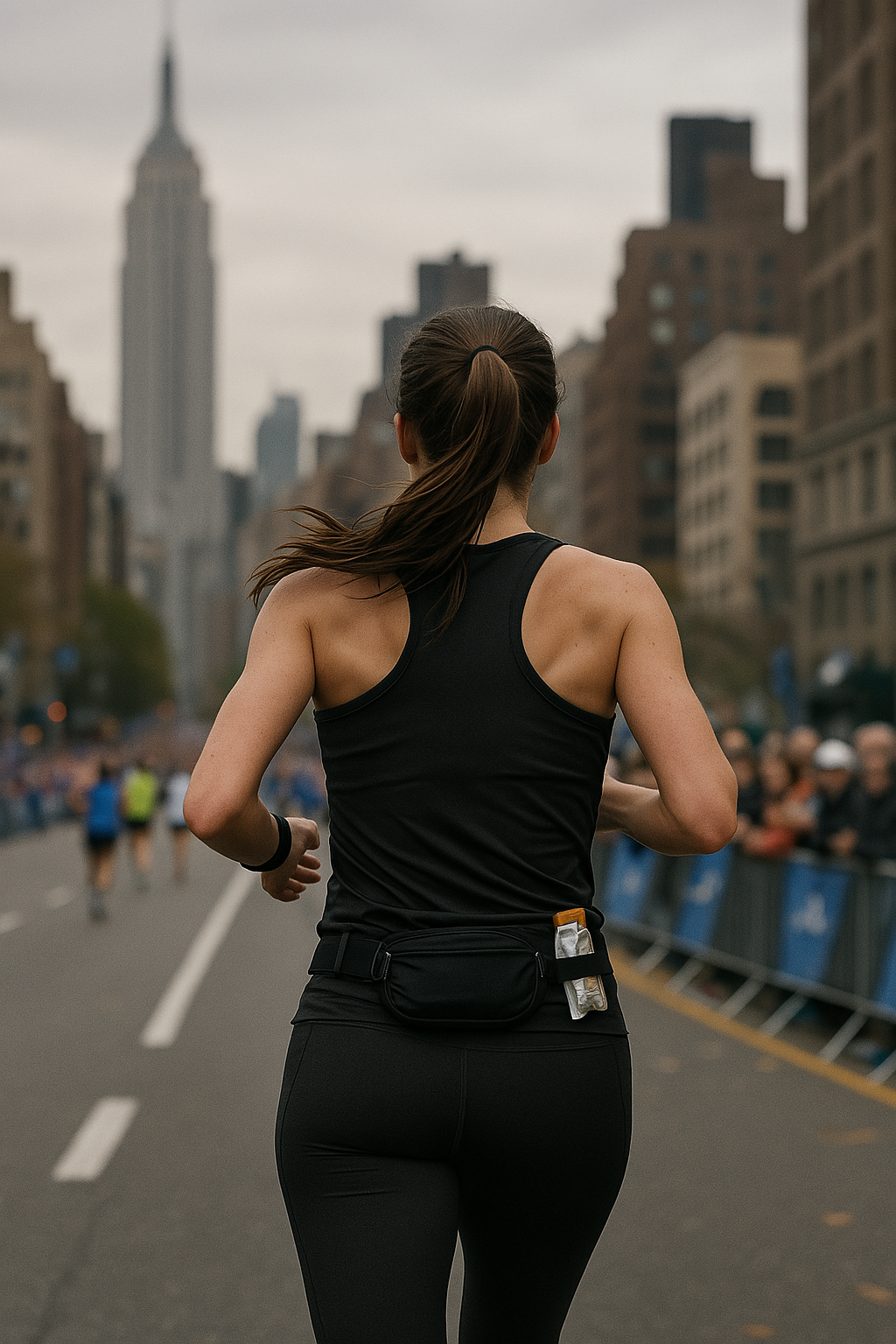You can’t out-gel a bad dinner. That’s something I’ve learned after more than 10 marathons, five Boston Qualifiers, and a few painful porta-potty stops. Fueling for race day doesn’t start at the start line—it starts the night before.
Here’s what I eat—and what I recommend for runners aiming to improve at majors like Boston, Chicago, or New York.
What to Eat the Night Before a Marathon
Dinner: I keep it simple—plain pasta, a little cheese, and bread. I avoid marinara because it gives me heartburn. I like pasta, and that’s important: the best dinner is one you actually enjoy and that tops off your carb stores without upsetting your stomach.
Timing: I eat early—between 5:00 and 6:00 PM. That gives me time to digest fully and avoid any overnight surprises.
Hydration: All day, I hydrate with a mix of water and sports drink. I also try to stay off my feet. That means plenty of peeing (and Netflix).
Avoid new foods. One time I thought baked chickpeas would be a healthy pre-race dinner because I read it online. Great food, but my body wasn’t used to it—and I paid the price. Stick with what you know.
What to Eat the Morning of a Marathon
Breakfast: I try to be done eating two hours before the race. I usually have a blueberry bagel, coffee, and a Clif Bar on the way to the start line. It’s exactly what I’ve trained with.
Hydration: One cup of coffee (because I’m human) and a steady amount of water to stay hydrated.
Supplements: I take my Runner Multivitamin, mostly out of habit, but the B-vitamins definitely help with energy metabolism.
Marathon Nutrition Tips and Race Week Advice
Your fueling plan isn’t something to wing. Practice it during training. Simulate race day on your long runs—wake up early, eat your pre-race meal, and go run. Your gut will adjust just like your legs do.
And keep it simple. Avoid weird new health kicks the day before. Your goal is to feel light, fueled, and confident—not experimental.
Final Thoughts on Pre-Marathon Nutrition
-
Eat a familiar carb-heavy dinner by 6 PM
-
Hydrate all day with water and electrolytes
-
Avoid high-fiber or new foods
-
Eat a practiced breakfast 2 hours before the race
-
Top it off with coffee, water, and a gel at the start line
You can’t outrun poor prep—and you definitely can’t out-gel a bad dinner.


